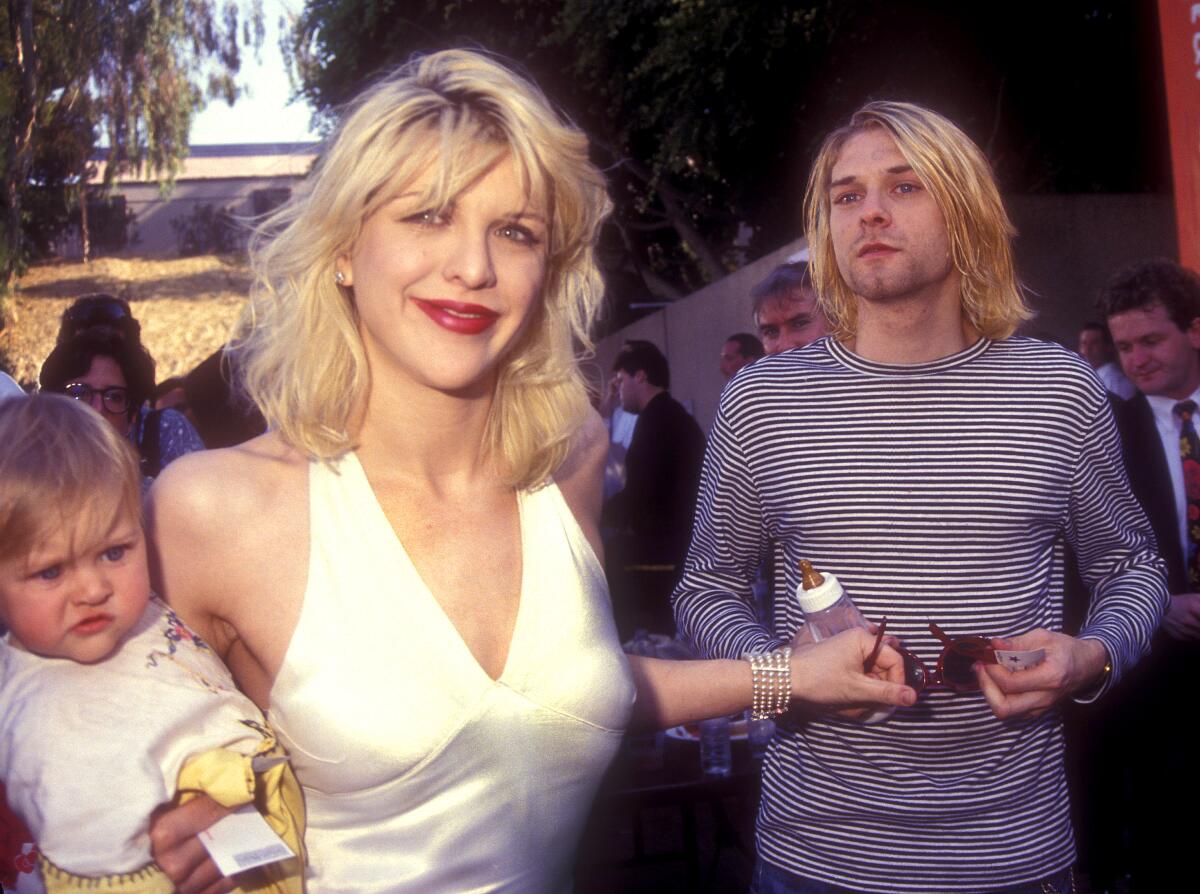Which Neurodivergent LGBTQIA+ Icon Are You?
Idyllic via DISCORD
Created 7/11/2024

Find out which Icon you most align with?
1. How do you usually prefer to spend your downtime?
Socializing with friends or exploring new places.
Reading a book or writing.
Engaging in creative arts or performing.
Advocating for a cause or participating in community events.
2. Which of these hypothetical situations resonates most with you?
Performing on stage to raise awareness of LGBTQIA+ issues.
Leading a workshop on mental health and neurodiversity.
Creating visual art that explores gender and neurodiversity.
Writing a book or screenplay about personal experiences.
3. How would you describe your social interactions in group settings?
I prefer one-on-one deep conversations.
I enjoy observing and listening more than engaging directly.
I like participating but can get overwhelmed if it’s too loud or busy.
I thrive in large groups and love making new connections.
4. What motivates you to get involved in activism or advocacy?
Personal experiences and a drive to make change.
Influence from public figures who inspire me.
Global issues and the desire to contribute to a larger movement.
Seeing the impact on my community.
5. When faced with challenges related to your identity, what approach do you take?
I work within my community to create support networks.
I use my platform to raise awareness.
I express myself through art or writing to cope and connect.
I educate others and provide resources.
6. How do you define success in life?
Achieving personal goals and happiness.
Making a positive difference in people’s lives.
Building strong, supportive relationships.
Being recognized for my talents and contributions.
7. What type of content do you prefer to consume for entertainment?
Interactive and community-driven events.
Documentaries and informative content.
Live performances and shows.
Fictional stories and novels.
8. Which of these statements about neurodiversity and LGBTQIA+ resonates most with you?
Policy change and advocacy on a larger scale make the biggest impact.
Education and awareness should start within local communities.
Visibility and representation in media are essential.
Intersectionality is crucial in advocating for both communities.
9. If you experienced discrimination, which action would you take first?
Use my experience to create art or writing that raises awareness.
Seek legal or organizational support to tackle the issue.
Create or join a support group to address the issue collectively.
Address the issue head-on with the individual or organization.
10. What's your approach to mental health and well-being?
Building a support network of friends and family.
Professional therapy or counseling.
Regular self-care practices and mindfulness.
Sharing my experiences through art or public speaking.
11. How important is public recognition for your work or contributions?
Not very important, I care more about personal fulfillment.
Important, but not as much as the impact itself.
Not important at all, as long as the work gets done.
Extremely important, I want my efforts to be seen and acknowledged.
12. In your opinion, what is the biggest barrier facing neurodiverse LGBTQIA+ individuals?
Legal and policy barriers to equal rights.
Lack of representation in media and public life.
Social stigma and misunderstanding from both communities.
Inadequate access to tailored mental health services.

